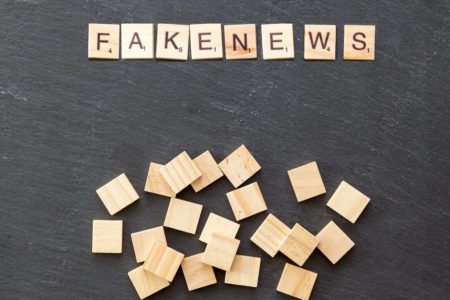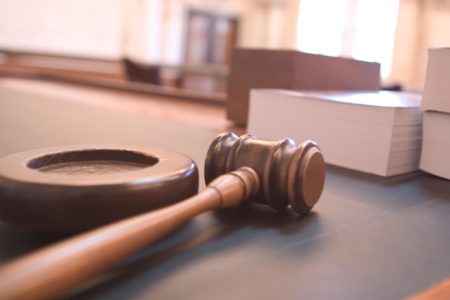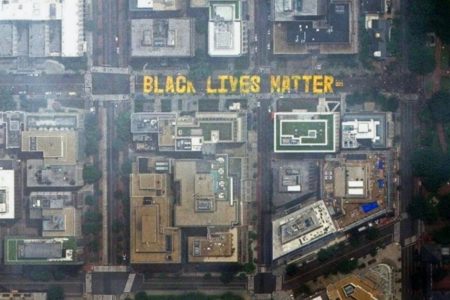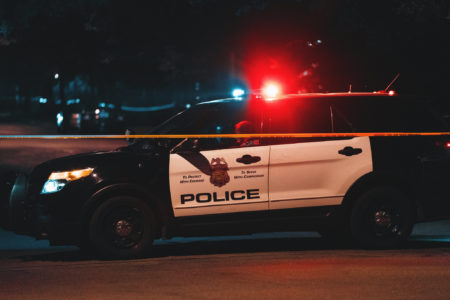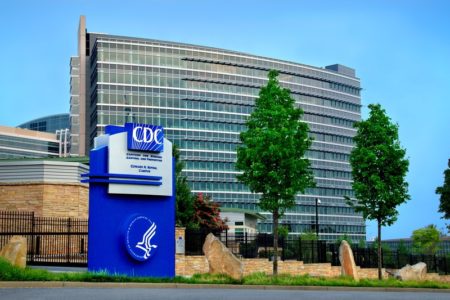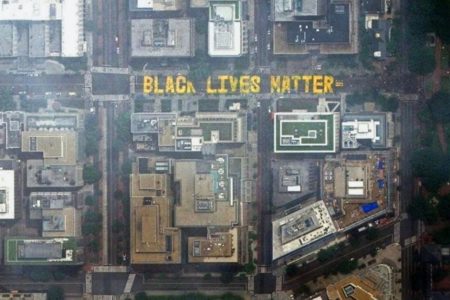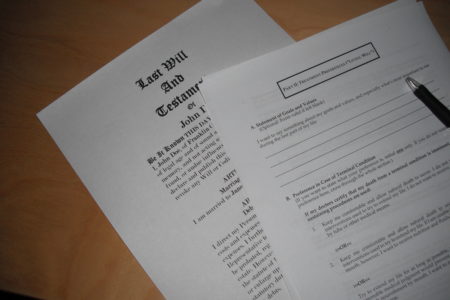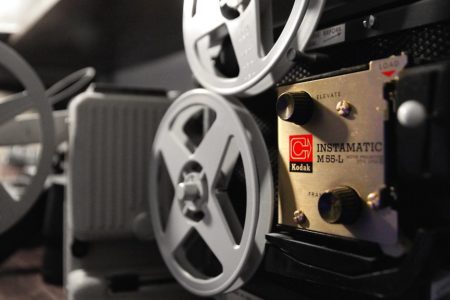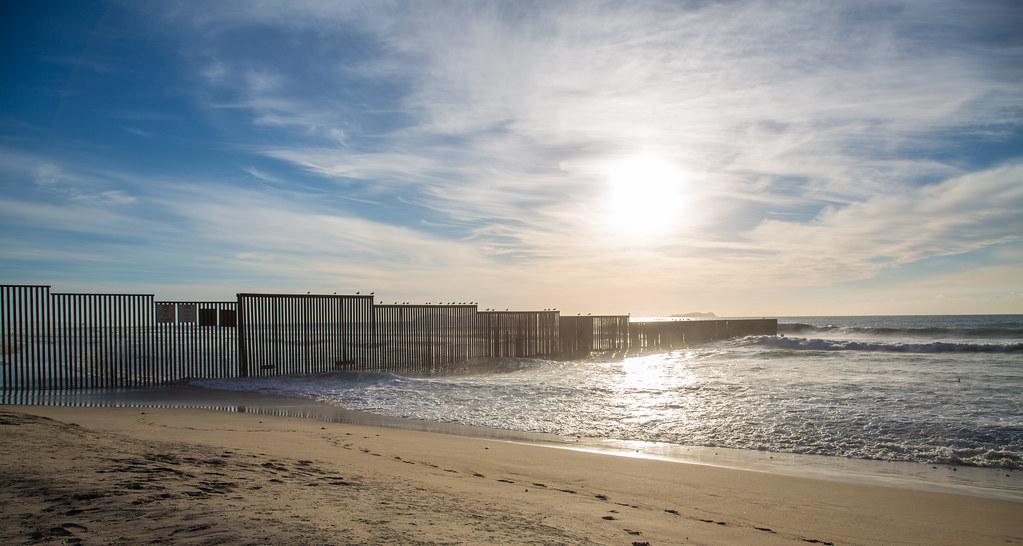
2021 Student Essay Competition Winner
The Chinese Exclusion Cases and Policing in the Fourth Amendment–Free Zone
by Trillium Chang
The Chinese Exclusion Cases created a world in which an entire class of noncitizens could be deported or excluded from the United States. Today, the ghost of the Chinese Exclusion Cases is still alive and well, interwoven into the lives of many citizens and noncitizens in the United States. Because of the Plenary Power Doctrine sanctioned by the Chinese Exclusion Cases, two-thirds of the U.S. population live in a Fourth Amendment–free zone where border officials can conduct warrantless searches with impunity. Minority populations, in particular, are subject to constant policing and suspicion: an experience that would not have been foreign to Mr. Chae Chan Ping and Mr. Fong Yue Ting.

